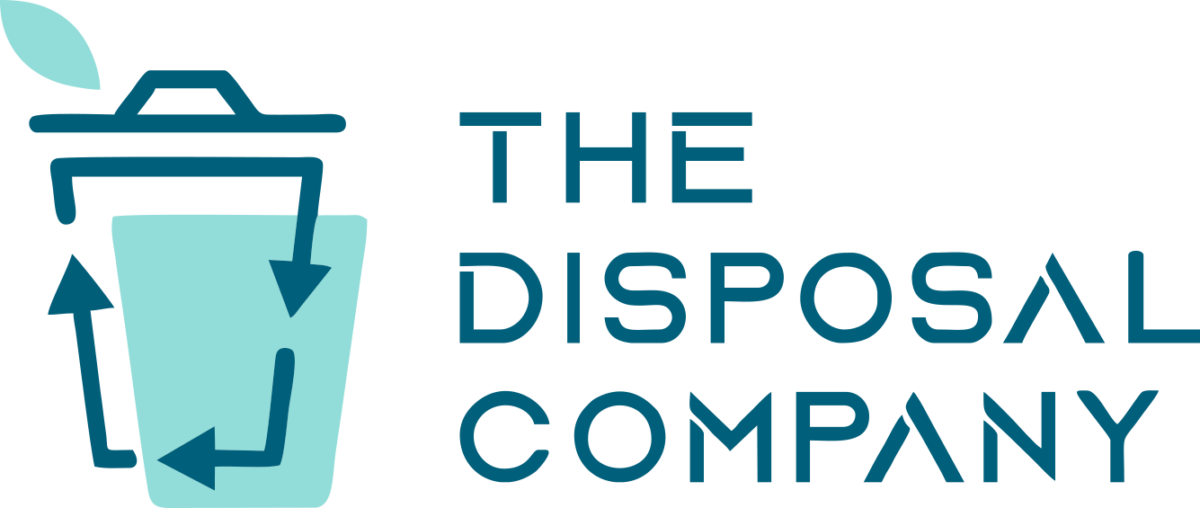Helping Your Business
Achieve Net-Zero Plastic
Footprint
With our tailored plastic footprint reduction plans,
join the Global Plastic Neutrality movement today.
join the Global Plastic Neutrality movement today.
The Plastic Action Platform
What Is
Plastic Neutrality?
Compensating for the plastic waste
by recovering an equal amount of
plastic from the environment via
Plastic Credits.
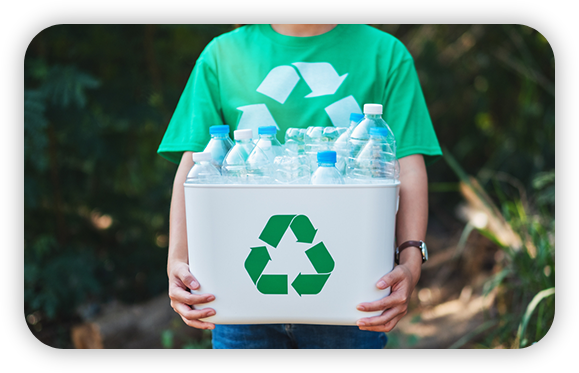
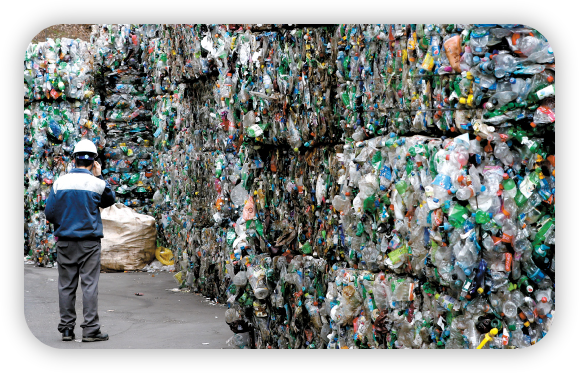
What Are
Plastic Credits?
Market-based financial instrument
used to offset plastic waste by
investing in projects that reduce or
prevent plastic pollution. 1 TDC
approved Plastic Credit represents 1 KG
of plastic recovered and recycled.
How To Go Plastic Neutral?
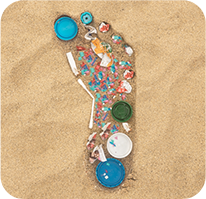
Footprinting
Calculate your company’s
unique plastic usage in a
seamless process using an
approved methodology.
unique plastic usage in a
seamless process using an
approved methodology.

Reduction Strategy
We align a custom footprint
reduction strategy with your
business goals. Explore
sector-optimized material
reduction strategy with your
business goals. Explore
sector-optimized material

Offsets
At a standard per KG cost
of your footprint, fund
vetted projects for plastic
waste collection, recovery

Engage
Enhance the level of trust
with your stakeholders by
leveraging our prestigious
Seal Of SustainabilityTM
with your stakeholders by
leveraging our prestigious
Seal Of SustainabilityTM
Why Go Plastic Neutral?

Bridge the financing
gap for plastic
waste recycling

Earn consumer
and investor
trust

Enable transparent
and tangible
changes

Unlock high
ESG performance
ratings
Our Sustainability Journey Begins Here
Sustainability As A Solution Platform Powered By Technology
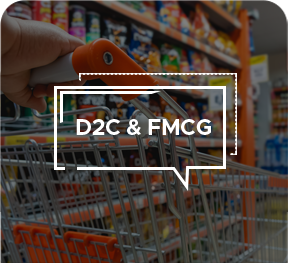
End to end solution to
Calculate, Report, Offset
& Communicate Carbon
Footprint.

Offer Carbon Neutral travel
experiences. Become
sustainable Travel and F&B
leaders.

Calculate, understand &
neutralize the emissions from
your everyday activities!
Transition to a zero waste
lifestyle with our easy tips.
FAQs
Plastic neutrality is achieved when an individual or organization’s plastic footprint is measured and balanced by the removal and recovery of plastic waste from nature, and complemented by reductions in plastic use.
When you become plastic neutral, you empower climate action as you:
- Help bridge the plastic pollution financing gap
- Earn consumers’ trust with action
- Enable tangible change with transparency
- Support innovators saving our environment
The Disposal Company’s impact partners are registered with the Central Pollution Control Board (CPCB) under Plastic Waste Management Rule, India. These licenses are renewed upon audit by CPCB every year. You can request for a copy of CPCB Certification and verify the same. Additionally, we comply with third-party audits.
Put simply, for every dollar contributed by a polluter, a certain amount of plastic waste would be intercepted from the environment on their behalf as an individual or a company.
Waste management social enterprises have sprung up across the developing world to provide ethical and efficient solutions to our plastic epidemic, but they are commonly underfunded and unable to scale. Plastic offset, inspired by carbon credits, is a revolutionary way of funding these innovations to accelerate our transition to a circular economy.
Waste management social enterprises have sprung up across the developing world to provide ethical and efficient solutions to our plastic epidemic, but they are commonly underfunded and unable to scale. Plastic offset, inspired by carbon credits, is a revolutionary way of funding these innovations to accelerate our transition to a circular economy.
The state of being 100% plastic neutral means having a net-zero plastic footprint, for a defined period of time. This should be achieved through ambitious commitments and progress on reducing virgin plastic use — reducing the size of a plastic footprint as far as possible. Any remaining plastic use can be balanced through the funding of plastic-recovery projects. This contributes to the widely held goal of ending plastic pollution in nature.
A carbon footprint is the total amount of greenhouse gasses produced by an individual’s lifestyle or a company’s operations, both directly and indirectly.
A plastic footprint calculates how much plastic waste a company generates and what negative effects this can have on the impacted environment, society, and economy.
A plastic footprint calculates how much plastic waste a company generates and what negative effects this can have on the impacted environment, society, and economy.
Plastic Neutral brands receive the Seal Of SustainabilityTM Certification – the gold standard for brands taking the first step to combat plastic waste.
Brands can apply for “plastic neutral” or even “plastic positive” certifications if they fund the removal of their equivalent plastic footprint –or double in the case of “plastic positive” — from nature.
Being plastic neutral means that for every KG of plastic created, a measured equivalent of plastic waste is recovered and removed from the environment by an individual or company through recycling/waste management efforts or plastic offset credits. It is important to note that being plastic neutral is not the same as being ‘plastic free,’ which implies that a company does not use any plastic in its business operations.
For brands, being plastic neutral means that for every KG of plastic they sell, they facilitate the removal of a KG of plastic pollution—giving every purchase of their products a net-zero plastic footprint. They can do this through a partnership with The Disposal Company to fund and facilitate the collection, processing, and reuse of ocean-bound plastic waste.
We consider plastic neutrality a realistic way to mitigate the impact of our plastic footprint, but it’s not the end goal. Brands should aim to go 100% plastic free.
For brands, being plastic neutral means that for every KG of plastic they sell, they facilitate the removal of a KG of plastic pollution—giving every purchase of their products a net-zero plastic footprint. They can do this through a partnership with The Disposal Company to fund and facilitate the collection, processing, and reuse of ocean-bound plastic waste.
We consider plastic neutrality a realistic way to mitigate the impact of our plastic footprint, but it’s not the end goal. Brands should aim to go 100% plastic free.
We measured the brand’s plastic footprint through a seamless audit process that took into account sales stats and packaging specs across SKUs.
We seek to understand two indicators –
a) Type(s) of plastics used across SKUs
b)Quantity of each type of plastics used every month
Footprinting & onboarding takes a couple of hours, and environmental impact starts within days, not years.
a) Type(s) of plastics used across SKUs
b)Quantity of each type of plastics used every month
Footprinting & onboarding takes a couple of hours, and environmental impact starts within days, not years.
Choose Sustainability As A Solution
Join Our Global Cohort Of 60+ Conscious Brands
